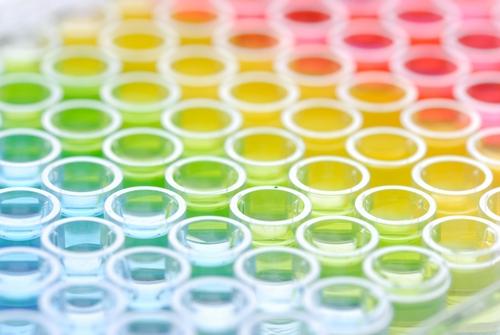Can Inbreeding Produce Healthier Offspring?

What’s the Latest Development?
While inbreeding increases the rate of birth defects among close relatives, in further relatives it may produce healthier offspring by resulting in more babies. A researcher at Australia’s Murdoch University, who reviewed 48 studies of from eleven countries on the rate of birth defects in the children of first cousins, found that “while there’s about a 2% risk of birth defects in the general population, first-cousin children have about a 4% chance.” That leaves 96% of the population completely healthy.
What’s the Big Idea?
In more distant cases of inbreeding, among third cousins who share a common set of great-great-grandparents, marriages have produced more offspring—an evolutionary advantage. In geographically isolated and homogeneous Iceland, marriages between third cousins produced more offspring than more distant relationships. Researchers theorize that because sharing more biological traits increases physical and emotional attraction, more sex resulted in more babies. Science may undercut the strength of our taboo against inbreeding.
Photo credit: shutterstock.com





